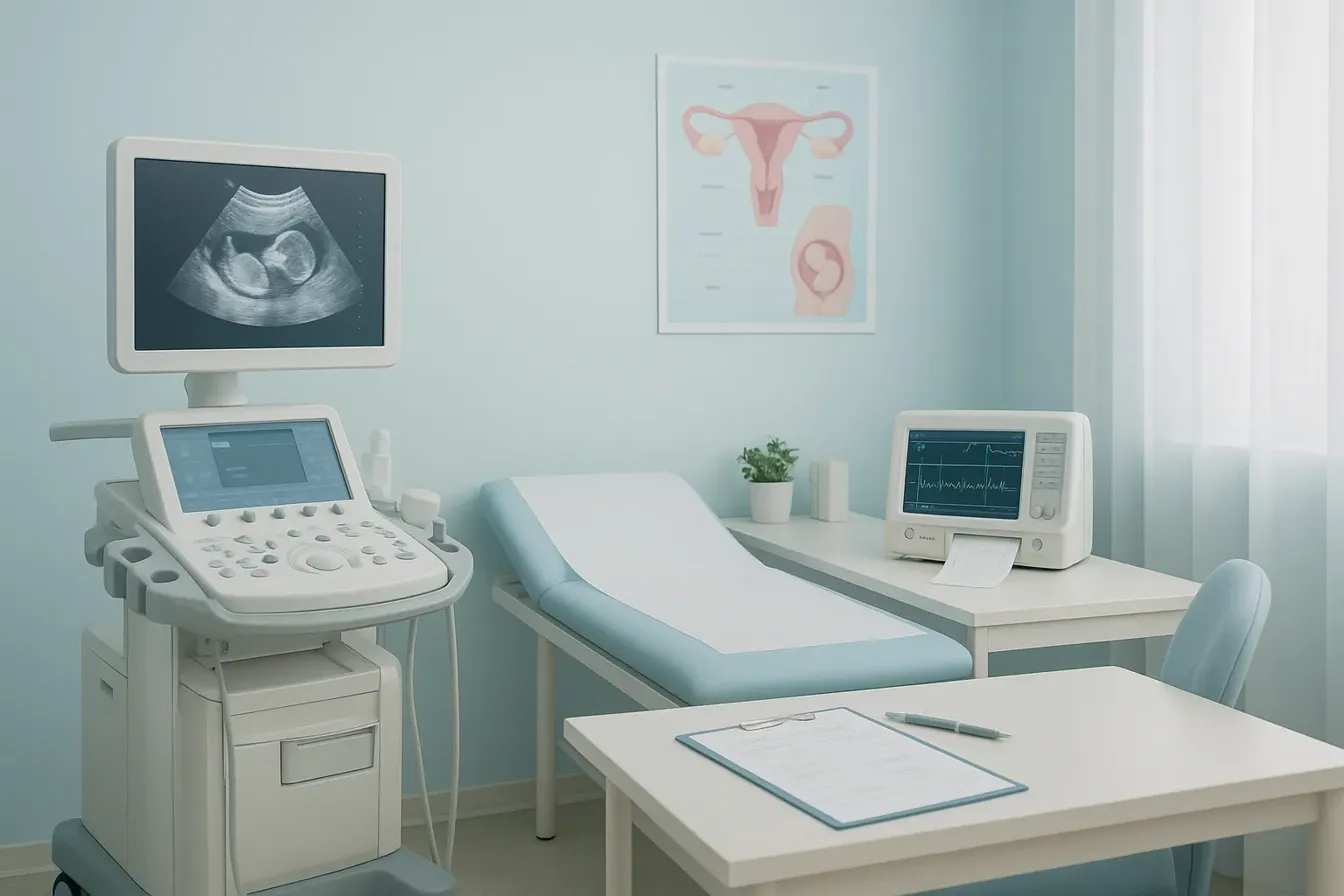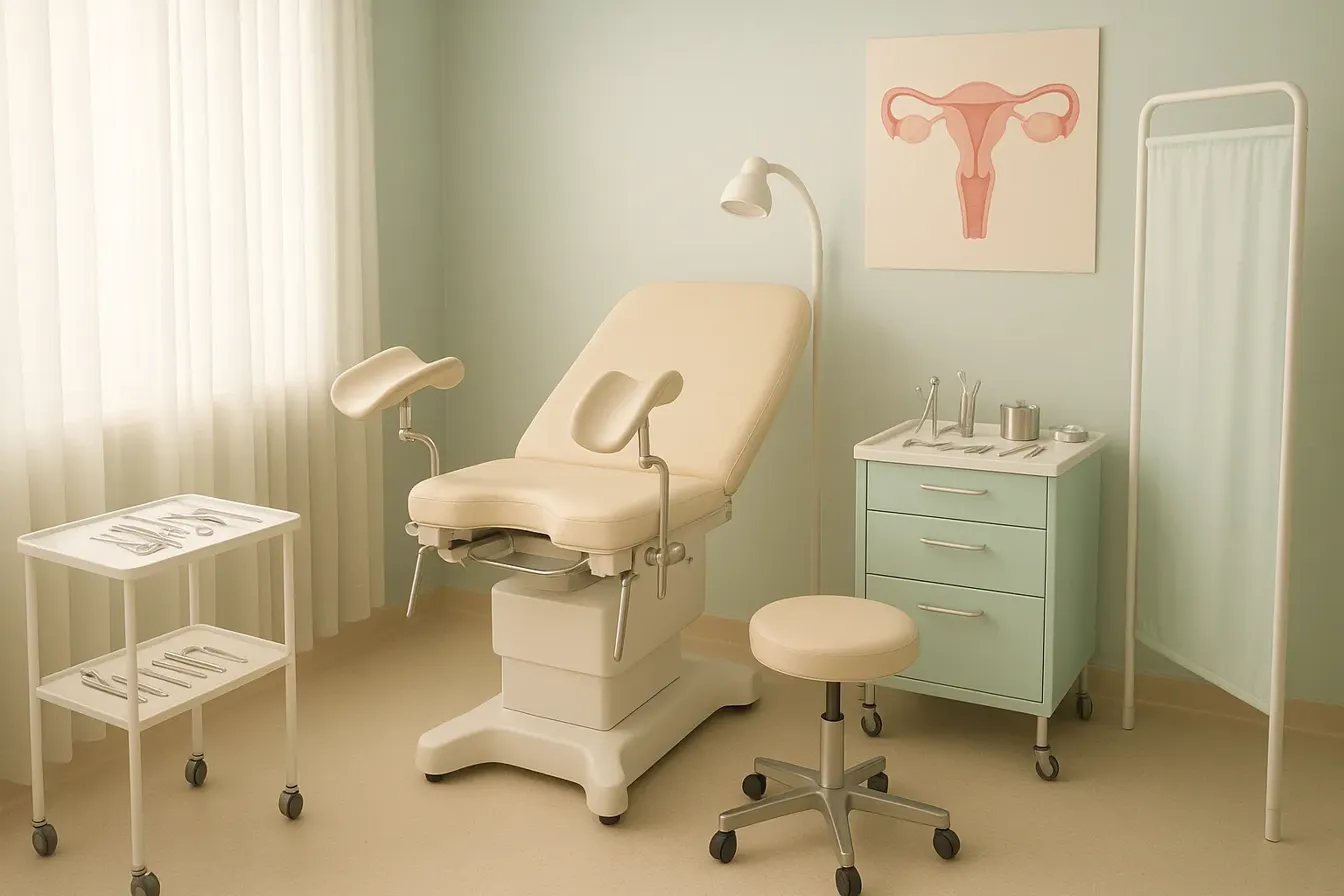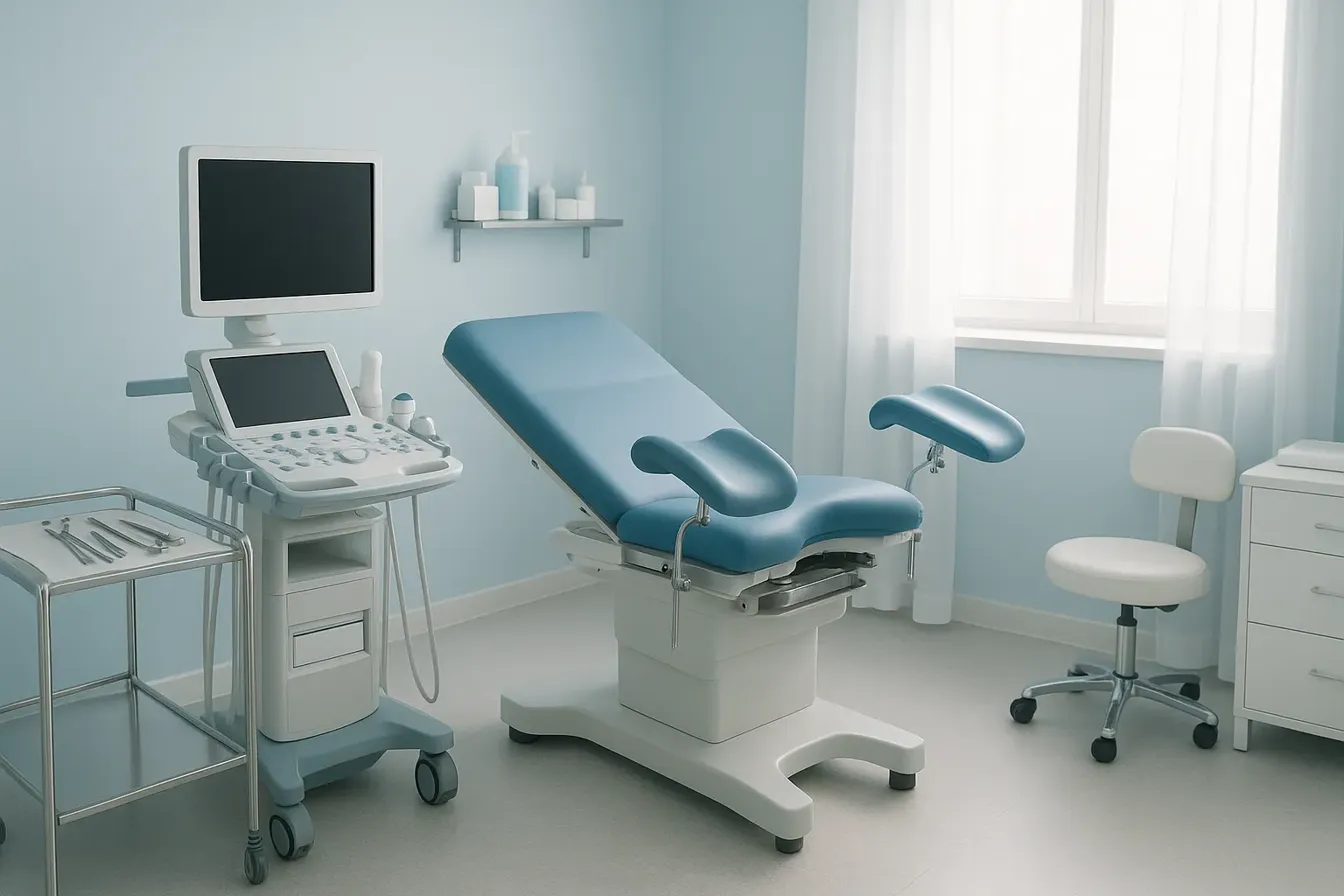Navigating VBAC: Key Insights for Expectant Mothers After Cesarean

An intrauterine device (IUD) is an effective, long-term way to protect you from unwanted pregnancies while still protecting your ability to plan for a family when you’re ready.
At Raveco Medical, our professional team of providers offers a variety of popular birth control choices, including the IUD to accommodate your unique needs as a woman. If you’re exploring your contraceptive options, we can help you determine if an IUD is a good choice for you.
How an IUD prevents pregnancy
An IUD is a tiny medical device that stays in your uterus to prevent pregnancy. The flexible, t-shaped device protects against pregnancy in one of three ways:
Thickens cervical mucus
IUDs that contain hormones help thicken mucus in your cervix to trap or block sperm from meeting your eggs for fertilization.
Stops ovulation
Some hormonal IUDs can also stop ovulation, so your ovaries won’t release eggs for fertilization.
Repels sperm
Copper IUDs don’t contain hormones, but the copper material they’re made with repels sperm to keep them from traveling to your eggs.
The right type of IUD for you depends on your medical history, your tolerance of hormones, and your plans for starting a family. Our team at Raveco Medical can discuss all of your IUD options based on your unique needs and lifestyle.
Benefits of the IUD
IUDs offer the convenience of a set-it-and-forget-it approach to birth control. Our gynecology team offers IUD placement services in-office that are quick and minimally invasive. We can also remove the device when you’re ready to become pregnant or if you no longer wish to have the IUD.
Other benefits of the IUD include:
Long-term protection
Once in place, the IUD can provide you with pregnancy protection for up to 10 years, depending on the brand you choose. When you remove your IUD, you can get pregnant right away.
Reliable results
IUDs are a highly reliable form of birth control because you don’t have to make extra preparations before sex to prevent pregnancy.
Convenience
Unlike the birth control pill, you don’t have to remember to take your medication every day. You can also have intimate moments without having to use other disruptive methods of protection, such as inserting a diaphragm.
While IUDs can prevent pregnancy, they won’t protect you from sexually transmitted diseases (STDs). You’ll still need to use condoms if you have sex with more than one partner or a partner with a known STD.
The versatility of IUDS
IUDs are especially beneficial if you want to prevent pregnancy without a hassle and if you can’t tolerate hormones, as well. For example, the copper IUD acts as a natural spermicide without increasing your risk for hormone-related complications that can occur in some women.
Once your IUD of choice is in place, you won’t feel it, and you can expect to go back to your usual activities. Our Raveco Medical team teaches you how to check that your IUD stays in place each month. If it comes out for any reason, we can replace it during a simple, in-office procedure that only takes 15 minutes or less.
To find out if you’re a good candidate for an IUD, call the Raveco Medical office nearest you or book an appointment online today.





.png)